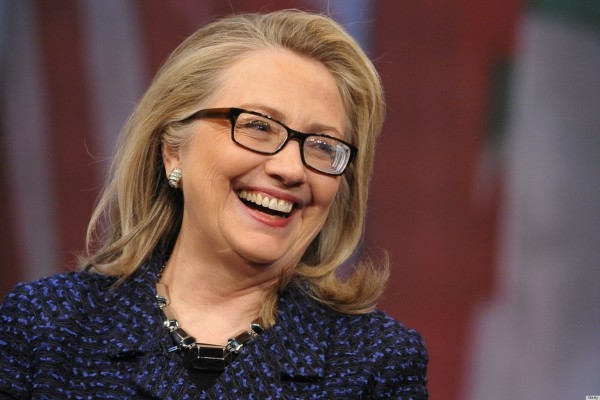On Saturday, April 25th, in Columbia, South Carolina, the Democratic Party held its annual South Carolina Democratic Convention, with a sea of South Carolina delegates in attendance. The convention was ultimately an opportunity for the potential Democratic presidential candidates to take the stage and rally the audience for support. In light of this event, here’s a list of the politicians possibly (probably) campaigning for the Democratic nomination and competing against front-runner Hillary Clinton. Interestingly, Hillary Clinton was not in attendance of the South Carolina Democratic Convention, which definitely allows the party to examine other possible options/contenders for the 2016 election. Listed in no particular order, these are the Democrats to watch right now:
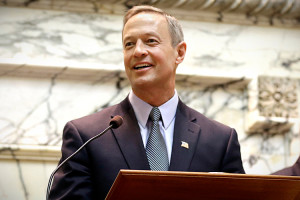
Photo by Salon (Credit to AP/Patrick Semansky)
Martin O’Malley
First is Martin O’Malley, who spoke at the convention and was greeted with a standing applause. O’Malley is the former governor of Maryland and was also the mayor of Baltimore before that. He sees himself as providing a fresh perspective for the Democratic Party that is to the left of Hillary Clinton and more appealing to the younger generation. He has been very active in making preparations for his presidential campaign, building up his staff and having interviews on multiple news outlets. In regards to Clinton, he has been very vocal about his disapproval of Clinton for president, despite having endorsed her during the 2008 primaries. The biggest problem he has is name recognition, but that hasn’t stopped others from gaining the nomination in the past. He is also a former mayor of Baltimore and was reportedly going to tout his record on reducing crime in the city — that might be a non-starter for him now. O’Malley has not yet announced that he is running for president.
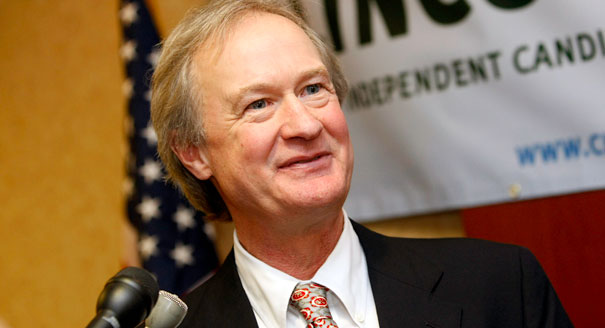
Photo by Politico (Credit to AP)
Lincoln Chafee
Next is Lincoln Chafee, consider by some as the “dark horse” of this competition. Most recently, he is the former Democratic governor of Rhode Island. Prior to that, Chafee has been a politician in transition: originally a moderate Republican senator, he left the GOP, was briefly an Independent, then joined the Democratic Party. Something to point out — way back when he was still a Republican, he was the only Republican senator to vote against authorizing military action in Iraq. He is a relatively new Democrat, but he’s already launched an exploratory committee for his potential presidential campaign and has basically told CNN that he’s “running for president,” although this was later clarified to not be the official announcement. Like O’Malley, Chafee has also publicly criticized Clinton. He comes from a family of moderate, Northeastern Republicans — a nearly extinct group — and could appeal to a large moderates from both parties as well as Independent voters in a general election. The problem is that reasonable-seeming moderates have a hard time getting their parties nominated in this day and age (ask Jon Huntsman).
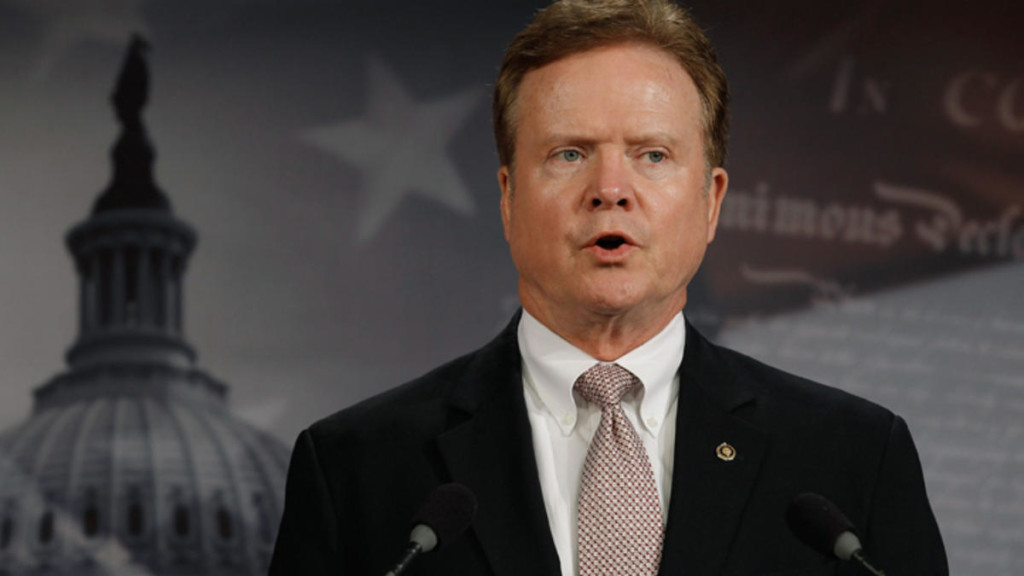
Photo by NBC Washington
Jim Webb
The other major contender for the Democrat bid who was also not at the convention is Jim Webb. Webb has a long resume that covers not just a government career, but also a military one. He was a US senator of Virginia, the Secretary of the Navy, assistant Secretary of Defense, and was in the Marine Corps during the Vietnam War. Compared to some of the other potentials he’s more moderate in his views, but possesses different experience and bold goals due to his military background. He has also created a presidential exploratory committee and has not yet announced his decision. Webb could be the antidote to any GOP attempts to paint Democrats as soft on defense or unpatriotic. Unlike the previous two candidates Webb has not openly challenged or criticized Clinton’s campaign…could that mean he’s really hoping to be her VP choice?
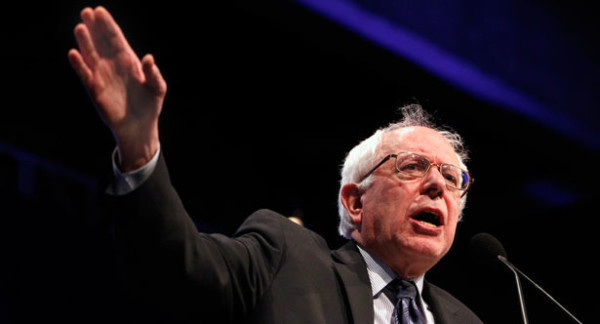
Photo by The Nation (Credit to AP Photo/Rich Pedroncelli)
Bernie Sanders
The final Democratic contender in this race so far is Bernie Sanders who gave a rousing speech at the convention. A senator from Vermont, Sanders is distinct from the other candidates. Listed as an Independent and a self-proclaimed “Democratic Socialist,” Sanders usually caucuses with the Democrat party but is more progressive than the majority of the party. He is the longest-serving Independent in the history of Congress and is known to be fervent and aggressive in his views. Compared to Clinton, he is thought of by some (almost everyone) as a long shot for president, but is perhaps the next most notable figure on this list besides the former Secretary of State. The Hillary camp likely knows that Sanders will pull the primary conversation to the left and either allow her to distinguish herself from a candidate who is much farther to the left or establish her some of her own populist credentials. He announced on April 30th that he’s running for President.
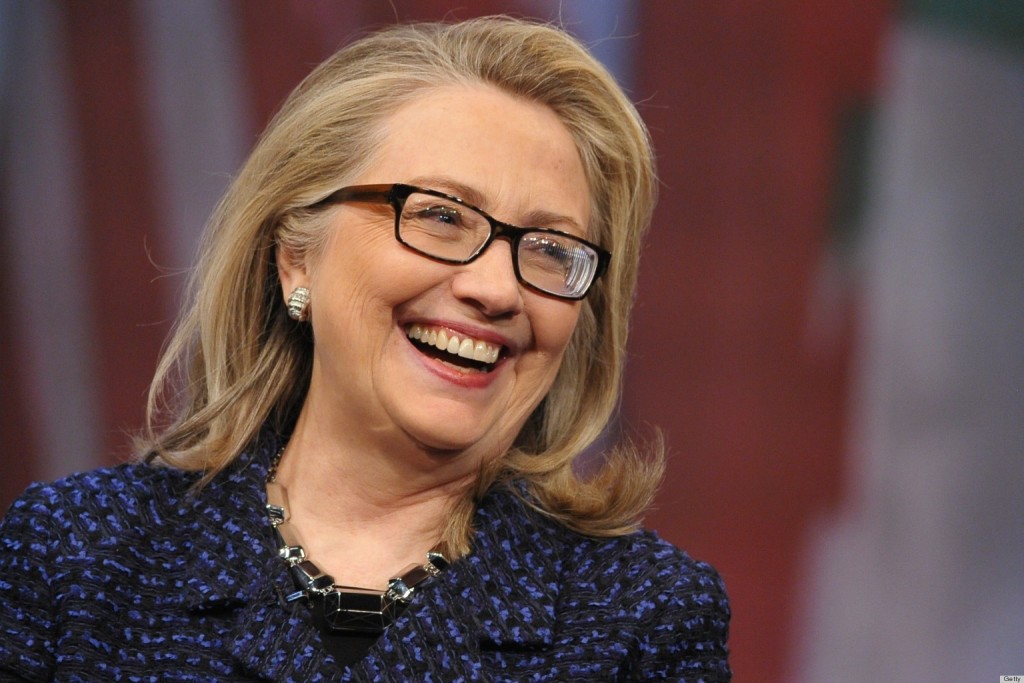
Photo by Huffington Post (Credit to MANDEL NGAN/AFP/Getty Images)
Hillary Clinton
Clinton was not present at the Democratic Convention in South Carolina on Saturday, but a video message was provided in her absence, which prompted a supportive response from the audience, particularly women. The former First Lady and Secretary of State announced her second run for candidacy on April 12 and has been making major preparations for her campaign, signing a lease for an office in Brooklyn as her headquarters, staffing up, and completing a road trip to Iowa. She is a well-known figure all over the world with a list of accomplishments and actions that will be under much scrutiny. As a Clinton she’ll carry a lot of baggage into an election and she will be dogged by lingering ethical questions. On the other hand, her time as Secretary of State earned her a great deal of international goodwill, her resume is impressive, she has a lot of support from women voters and is likely to raise a sizable war chest for her campaign. Bill’s past shenanigans could certainly be a liability, but he’s still extremely popular and more likely to be an asset on the campaign trail as long as he doesn’t upstage her.

